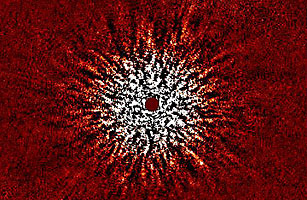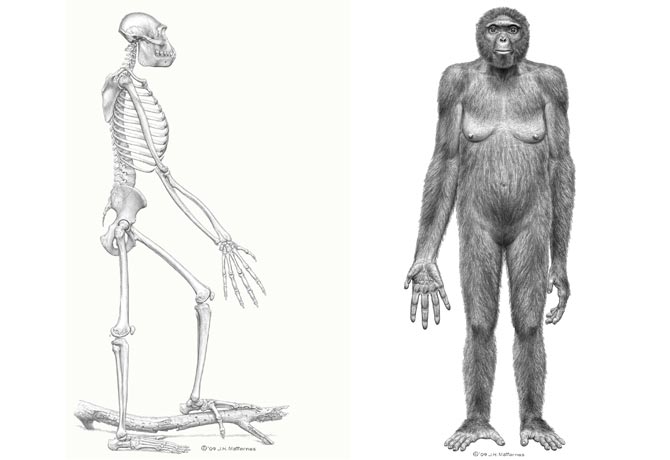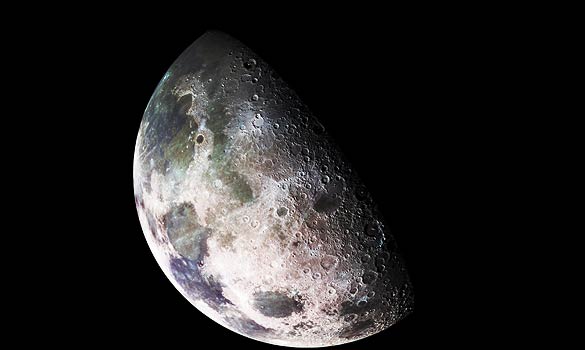“In a period ranging from a few months to two years, the scientists say that 90% of the water was transferred into the basin. ‘This extremely abrupt flood may have involved peak rates of sea level rise in the Mediterranean of more than 10m per day,’ he and his colleagues wrote in the Nature paper.” A new study suggests that, over five million years ago and with an event called the Zanclean flood, the Mediterranean Sea may have been re-formed in as little as two years. “The team estimates the peak flow to have been around 1000 times higher than the present Amazon river at its highest rate.“
Coincidentally, two years is about as long as it takes to read Ferdinand Braudel’s seminal two-part history of the Mediterranean. Cut to the chase, man!




